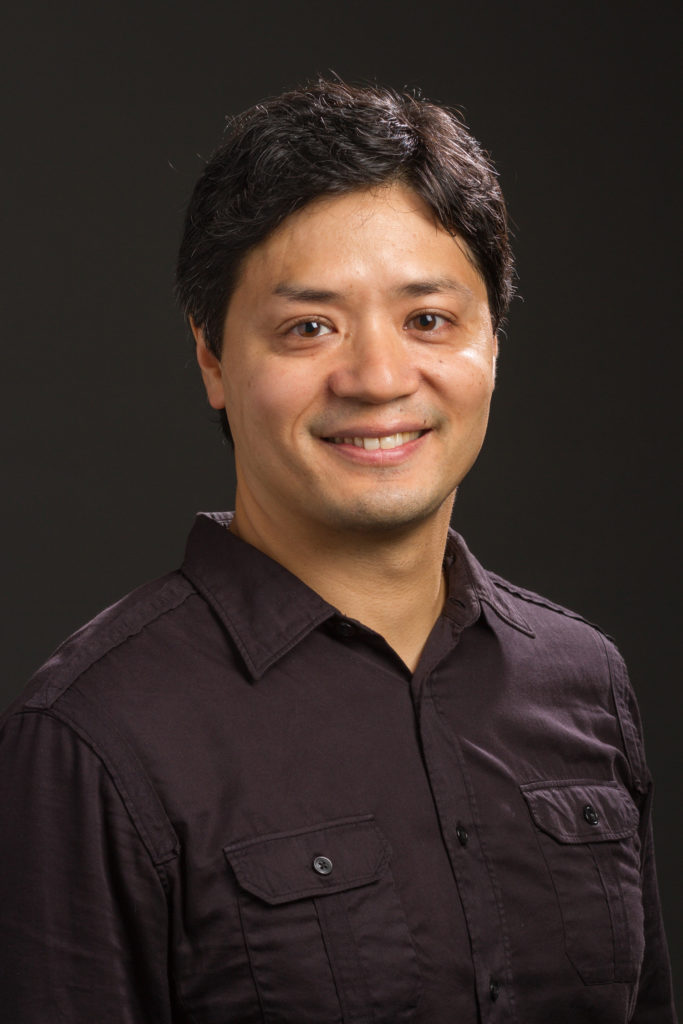Published October 6, 2020
Karel Liem Jr., M.D., Ph.D., Yale University
How did you first get involved in PKD research?
 Karel: My interest in PKD research developed from my genetic studies on the role of the primary cilium in developmental signaling. The cilium is a small microtubule-based organelle that projects from the surface of most cells in the body, including kidney cells. The cilium is a cellular signaling organelle and many of the proteins that have been implicated in the renal cystic diseases localize to the cilium, including the proteins PKD1 and PKD2.
Karel: My interest in PKD research developed from my genetic studies on the role of the primary cilium in developmental signaling. The cilium is a small microtubule-based organelle that projects from the surface of most cells in the body, including kidney cells. The cilium is a cellular signaling organelle and many of the proteins that have been implicated in the renal cystic diseases localize to the cilium, including the proteins PKD1 and PKD2.
What are you working on currently?
Karel: We’re working on understanding the mechanisms of how the primary cilium can control signaling pathways that regulate kidney homeostasis and PKD using the mouse as a model system.
What would you like the patient community to know about your research?
Karel: While our research is basic, it has direct relevance for understanding PKD disease pathways. Our lab is so fortunate to be supported by the PKD Foundation which has made our research possible. Through our PKD research, we’ve met many outstanding scientific colleagues from all over the world. You should know that there many dedicated, passionate scientists working on PKD from many different angles.
Do you have a personal connection to PKD?
Karel: I don’t have a personal connection to PKD.
What excites you most about this research?
Karel: We’re very excited about exploring how ciliary signaling pathways can regulate PKD as it could lead to new therapeutic approaches.
What are some of your personal interests outside of research?
Karel: I play ice hockey and love classical music.
Anything else you’d like to share?
Karel: My whole family enjoys the annual Connecticut Walk for PKD!
Check out Dr. Leim’s grant and others funded by the PKDF here!
The PKD Foundation is the largest private funder of PKD research in the U.S. Since 1982, we’ve invested over $50 million in more than 1,300 research, clinical and scientific grants, fellowships, and scientific meetings. Each year, the Foundation identifies and supports the work of scientists and researchers from around the world who look for ways to treat and eventually cure PKD. Our vision is to #endPKD. Donations fund necessary research that leads to more effective treatments and ultimately a cure for PKD.









0 Comments